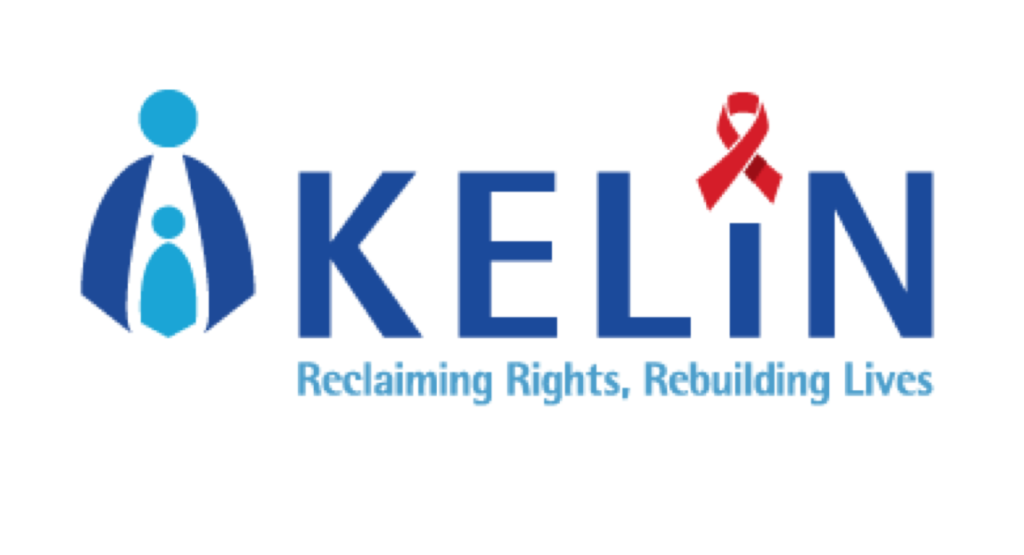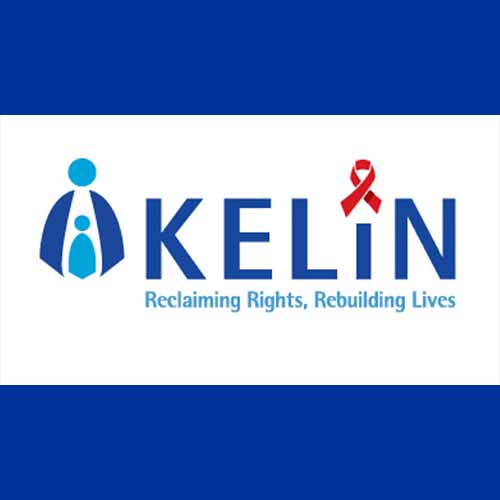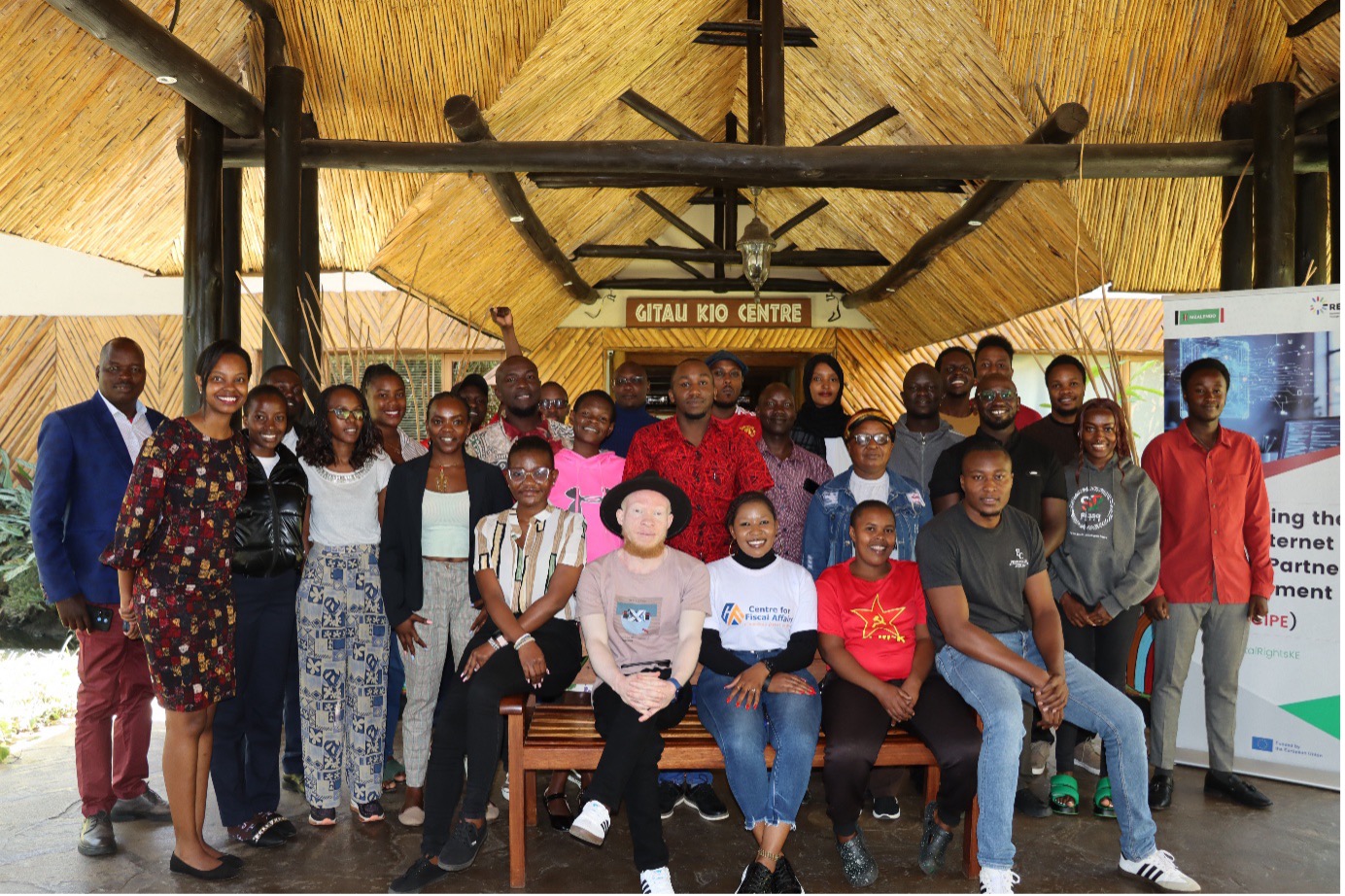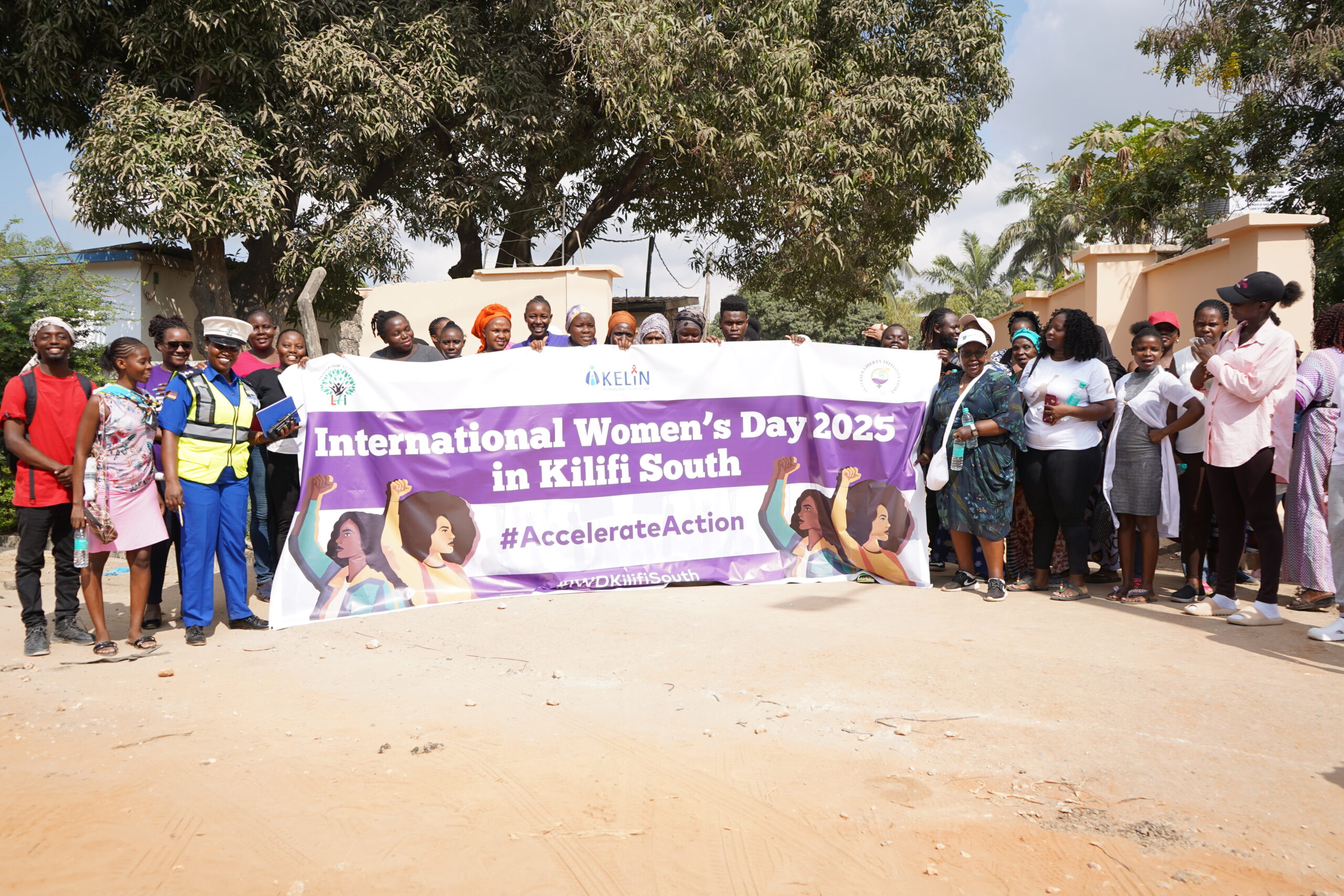On 1st March 2024, KELIN, participated in the Civil Society Organizations (CSO) Universal Periodic Review (UPR) Inception meeting hosted by the Universal Rights Group (URG). The event took place in Nairobi, Kenya and brought together representatives from diverse Civil Society Organizations (CSOs) with a collective aim of comprehensively reporting on the status of Sexual Reproductive Health and Rights (SRHR) at the Fourth Cycle, 57th session of the Universal Periodic Review of the United Nations Human Rights Council to be conducted later in the year.
The UPR process is a mechanism of the United Nations which includes a review of the human rights record of members states of the United Nations. Through submitting a joint report, CSOs have an opportunity to contribute to the UPR process and hold the government accountable on human rights obligations as the primary duty bearer. Kenya is scheduled to undergo its review process in February 2025 and the deadline for submissions by CSO stakeholders is September 2024. The CSOs stakeholder forum therefore provided a crucial platform for stakeholders to create a road map towards a joint CSO report based off the analysis of previous UPR cycle’s recommendations issued by the UN human rights mechanism to Kenya on SRHR. These recommendations fall under SDGs 3.1[1], 3.7[2], 3.8[3],5.1[4], 5.2[5], 5.3[6], and 5.6[7].
Kenya’s current progressive Reproductive Healthcare Bill[8] has been labelled pro-abortion and pro-immorality due to its provisions on abortion and adolescent reproductive health rights. During the stakeholder forum, KELIN emphasized on the need for the overall UPR report to include recommendations on enactment of laws and policies that address reduction of maternal morbidity and mortality, adolescent and young persons’ access to SRHR services and obstetric violence particularly forced and coerced sterilization of HIV positive women. The organization further underscored the need for collaborative partnerships among diverse organizations to achieve the SDGs collectively.
The event provided a unique opportunity for CSOs and URG to share their collective commitment on SDG realization and to foster stronger collaboration to ensure a robust and inclusive UPR process. The UPR process marks a significant step for civil society’s participation towards building a united front for enhancing SRHR. The process also provides an opportunity for KELIN to be part of taking stock of the progress on the previous recommendations given to the State in the last UPR reporting cycle and identify the gaps that exist as we work to their attainment. KELIN remains committed to advancing the right to health for all as well as the and the broader agenda of sustainable development, promoting health, and addressing the well-being of communities in Kenya.
To contribute to the discussion, follow KELIN on our social media platforms.
Twitter: @KELINKenya
http://www.facebook.com/kelinkenya
Website: www.kelinkenya.org
For more information, please contact.
Elsie Milimu
Program Officer – Sexual Reproductive and Health Rights
Kenya Legal and Ethical Issues Network on HIV & AIDS (KELIN)
Kuwinda Lane, Karen C, off Langáta Road.
Email: elsiemilimu@kelinkenya.org
[1] SDG Target 3.1 Reduce the global maternal mortality ratio to less than 70 per 100 000 live births
[2] SDG Target 3.7 Ensure universal access to sexual and reproductive health-care services, including for family planning, information and education, and the integration of reproductive health into national strategies and programmes
[3] Achieve universal health coverage, including financial risk protection, access to quality essential health-care services and access to safe, effective, quality and affordable essential medicines and vaccines for all
[4] SDG Target 5.1: End all forms of discrimination against women and girls everywhere
[5] eliminate all forms of violence against all women and girls in public and private spheres, including trafficking and sexual and other types of exploitation
[7] eliminate all harmful practices, such as child, early and forced marriage and female genital mutilations
[8] The Reproductive Healthcare Bill, 2019



